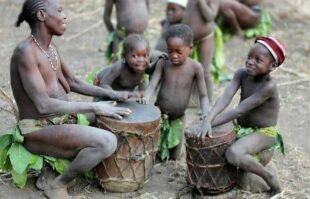Oyo State, otherwise known as the “Pacesetter State,” is located in the southwestern part of Nigeria, with its capital city as Ibadan. Oyo State shares borders with Kwara State to the north, Osun State to the east, and Ogun State and the Republic of Benin to the southwest.
Research reveals that Oyo State is often referred to as the “Home of Many Firsts” because many establishments, such as higher institutions, infrastructures, and businesses, started in the state first before relocating to other parts of the country.
As of 2016, Oyo State has a population of 7,840,844, making it the fifth most populated state in Nigeria. However, Yorubas make up the large majority of the population in Oyo State, and the language is still widely used.
In order to separate itself from the former capital to the north, “Old Oyo” (Oyo-Ilé), the current city of Oyo, which was built in the 1830s, is known as “New Oyo” (Oyo Atibà). In the city, the Alaafin of Oyo still plays a ceremonial role.
In this piece, Naijabiography narrates the history and culture of Oyo State, including the economy and political structures of the Oyo people.
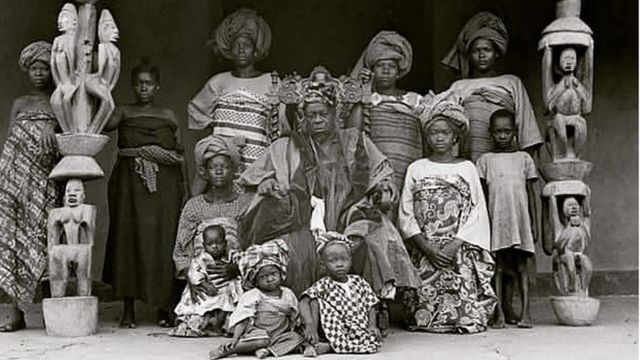
History
Oyo State was created in 1976, which was carved from the western state to include Osun State and was split in 1991. This is one of the reasons why the state is homogenous and inhabited by the Yoruba ethnic group. These groups consist of the Oyos, the Oke-Oguns, the Ibadan, and the Ibarapas.
Before the advent of colonization, the old Oyo empire was an important part of the Yoruba Empire, which ruled from c. 1300 to 1896. At the end of the old Oyo empire, the modern Oyo State was built in the 1830s, which was named the “New Oyo.” In addition to the creation of the new Oyo, also known as Oyo Atiba, it was created to distinguish itself from the former capital to the north, ‘Old Oyo’ (Ọ̀yọ́-Ilé).
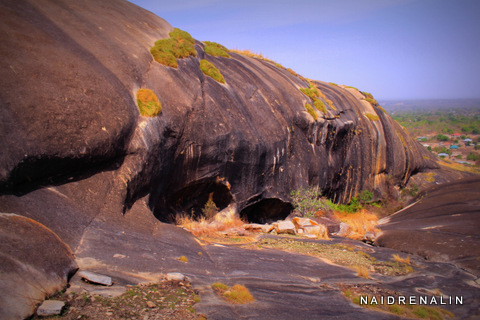
Furthermore, the supreme traditional leader of the Oyo people is the Alaafin, who has continued to serve in a ceremonial role in the state to date. However, since the time of British colonial authority, Ibadan had served as the Old Western Region’s administrative hub.
Other prominent towns and cities in Ọyọ State include Ọyọ, Ogbomọsọ, Ibadan, Isẹyín-Okeogun, Ipapo-Okeogun, Kíṣì-Okeogun, Okeho-Okeogun, Saki-Okeogun, Igbeti-Okeogun, Eruwa-Ibarapa, Iroko, Lanlate, OjeOwode-Okeogun, Sepeteri-Okeogun, Ilora-Oyo, Jobele-Oyo, Awe-Oyo, Ilérò-Okeogun, Okaka-Okeogun, Igbo Ora-Ibarapa, and Idere.
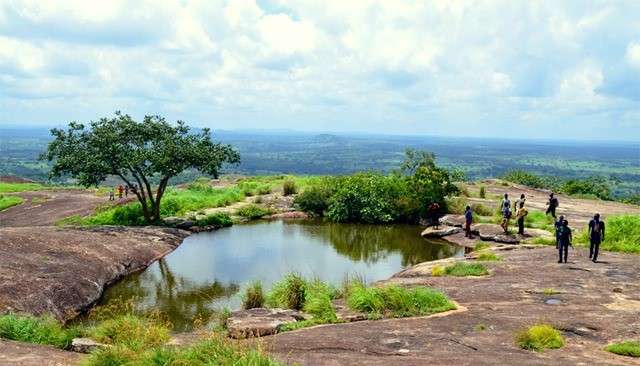
Territory
Oyo State is the 14th largest state in the world by area, with an area of about 28,454 kilometres. The terrain is made up of dome-shaped hills and old hard rocks that climb gently from 500 meters above sea level in the south to 1,200 meters above sea level in the north.
This highland is the source of a number of significant rivers, including the Ogun, Oba, Oyan, Otin, Ofiki, Sasa, Oni, Erinle, and Osun rivers. Furthermore, the Old Oyo National Park is one of the many natural features found in Oyo State. The rare African wild dog, Lycaon pictus, once had a habitat here, but it’s currently believed that this canid is extinct in the area.
Meanwhile, the Yoruba Hills run through Oyo State in the north. The state is mostly covered by a “derived” savanna, which is largely the result of clearing and burning the former forest cover to provide land for cultivation. The state does have some tropical rain forests in the southern region around Ibadan, the state capital.
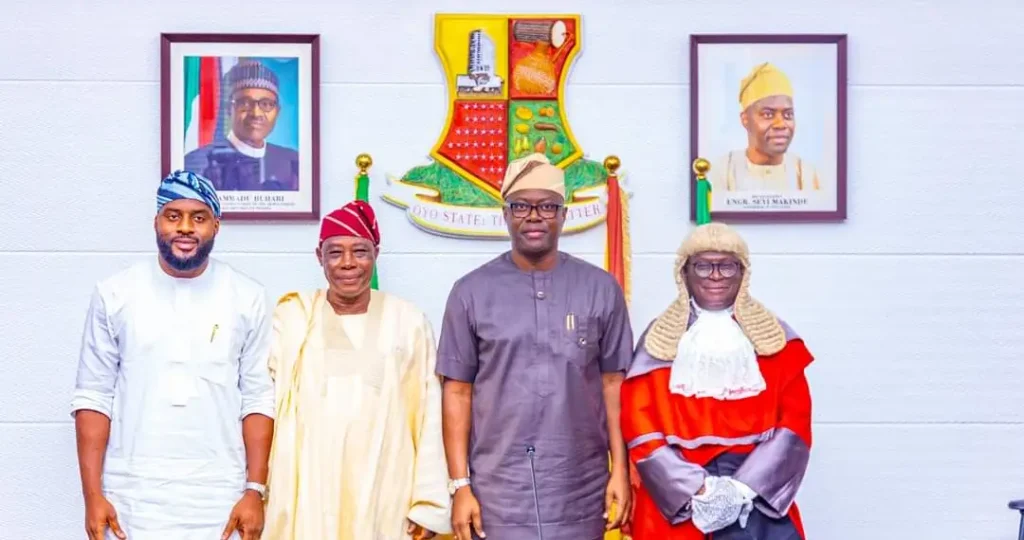
People and Culture
As of 2016, the population of Oyo State is estimated at 7,840,844, making it the fifth most populous state in Nigeria. Additionally, Oyo State is inhabited mainly by the Yoruba people, cutting across different Yoruba groups such as the Oyos, the Oke-Oguns, and the Ibadan.
Other cities in Oyo State include Ọyọ, Ogbomọsọ, Ibadan, Isẹyín-Okeogun, Ipapo-Okeogun, Kíṣì-Okeogun, Okeho-Okeogun, Saki-Okeogun, Igbeti-Okeogun, Eruwa-Ibarapa, Iroko, and Lanlate, among others.
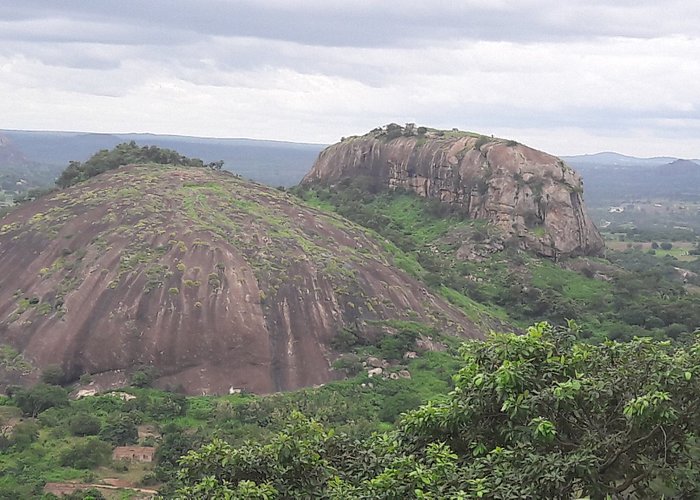
Economy
The main economic pillars of Oyo are agriculture and handicrafts. Thus, yams, corn (maize), cassava (manioc), beans, millet, plantains, tobacco, cocoa, palm oil, palm kernels, cotton, kola nuts, indigo, and fruits are examples of agricultural products contributing to the economic development of the state.
Furthermore, the state is also renowned for its cottage industries, which include mat making, wood carving, sheep and goat skin leatherworking, cotton weaving, dyeing, and spinning. Additionally, the second-largest city in Nigeria, Ibadan, has a brewery, a publishing business, a factory that processes tobacco, a factory that makes wood and steel furniture, and an assembly line for motor vehicles.
Also, there are sizable cattle ranches in Saki, Fasola, and Ibadan, as well as a dairy farm in Monatan, Ibadan, and the Oyo State Agricultural Development Programme, which has its main office in Saki. The state is home to several federal and international agricultural facilities.
Additionally, the Federal Agricultural Research Institute, the International Institute of Tropical Agriculture, and the Cocoa Research Institute of Nigeria are all located in Ibadan.
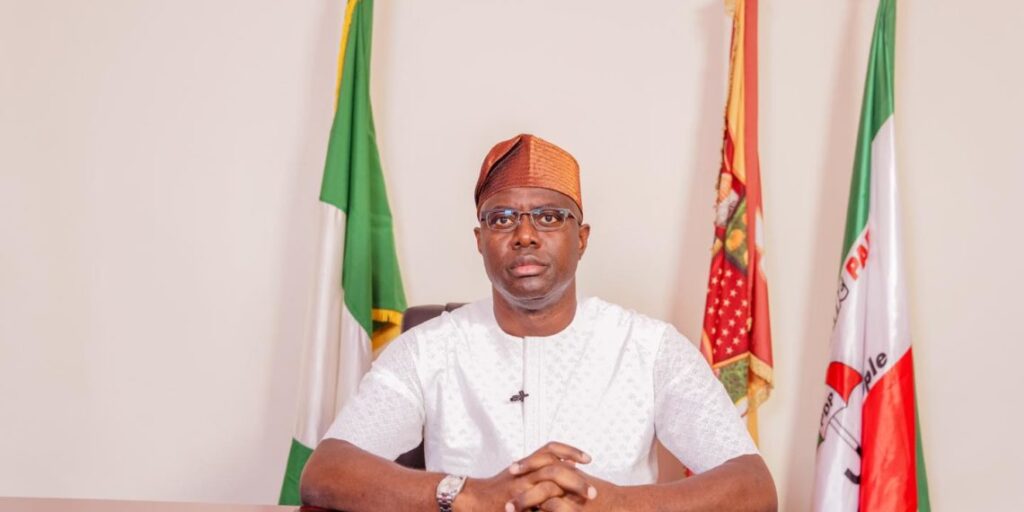
Political Structure
As inscribed by the 1999 constitution of Nigeria, Oyo State is one of the states that has three arms of government (legislature, executive, and judiciary). Therefore, at the executive arm, the current governor of Oyo State is Oluseyi Abiodun Makinde, with Barr. Bayo Lawal as deputy governor. The governor won the election on March 9, 2019, and was sworn into office on May 29, 2019, the 28th governor of the state.
In the legislative arm, the present elected Speaker of the Oyo State House of Assembly is Rt. Hon. Debo Ogundoyin. While in the judiciary arm, the present Chief Judge of the state is Muktar Abimbola.
Furthermore, Oyo State is one of the 36 states that have the highest number of local government areas. In Oyo State, there are 33 local government areas, which include Afijio Jobele, Akinyele Moniya, Atiba Ofa Meta, Atisbo Tede-Okeogun, Egbeda, Ibadan North Agodi Gate, Ibadan North-East Iwo Road, Ibadan North-West Dugbe/Onireke, Ibadan South-East Mapo, Ibadan South-West Ring Road, Ibarapa Central Igbo Ora, Ibarapa East Eruwa, Ibarapa North Ayete, Ido, Irepo Kisi-Okeogun and Iseyin Iseyin-Okeogun, among others.
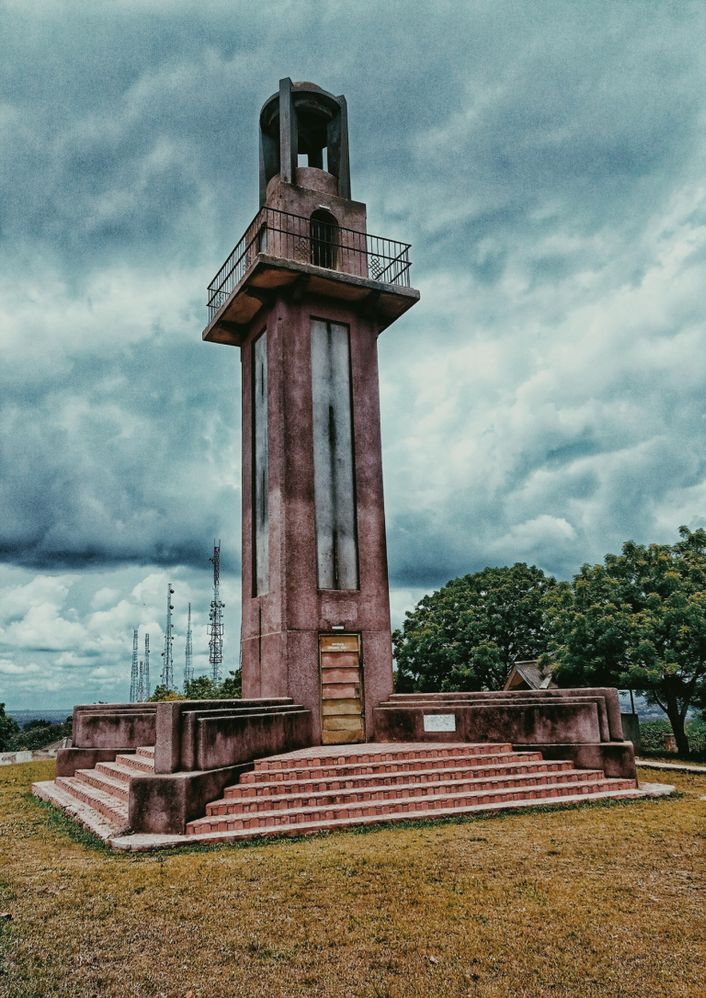
Modern-Day Oyo State
The University of Ibadan is the first institution in Nigeria to provide degrees (established as a college of the University of London when it was founded in 1948, and later converted into an autonomous university in 1962). Also, Lead City University in Ibadan, Ajayi Crowther University in Oyo, Koladaisi University, Dominican University in Ibadan, Dominion University, and Ladoke Akintola University of Technology in Ogbomoso are the other universities in the state.
Oyo State is also home to The Polytechnic, Ibadan, Oyo State College of Agriculture and Technology, Igbo Ora, and Adeseun Ogundoyin Polytechnic, Eruwa.
Other notable establishments in the city include the International Institute of Tropical Agriculture (lITA) and University College Hospital, Ibadan, the first teaching hospital in Nigeria. The first skyscraper constructed in Africa was called Cocoa House, and it is located in Ibadan.
The state is home to the Obafemi Awolowo Stadium, formerly Liberty Stadium, a stadium with a capacity of 35,000, as well as the Nigerian Television Authority (NTA) Ibadan, the first television station in Africa.
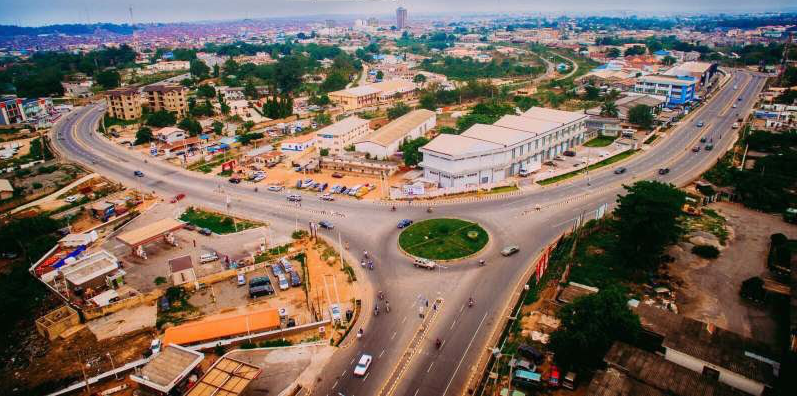
Other significant tourist destinations in the state are the Agodi Botanical Garden, Ado-Awaye Suspended Lake, Mapo Hall, University of Ibadan Zoological Garden, Ido Cenotaph, Trans-Wonderland Amusement Park, Old Oyo National Park, Iyamopo and Agbele Hill in Igbeti, Bowers Tower, and the Cultural Centre, Mokola.
Furthermore, the state is home to the nation’s first FM radio station and Galaxy Television (Nigeria), the nation’s first private television channel.
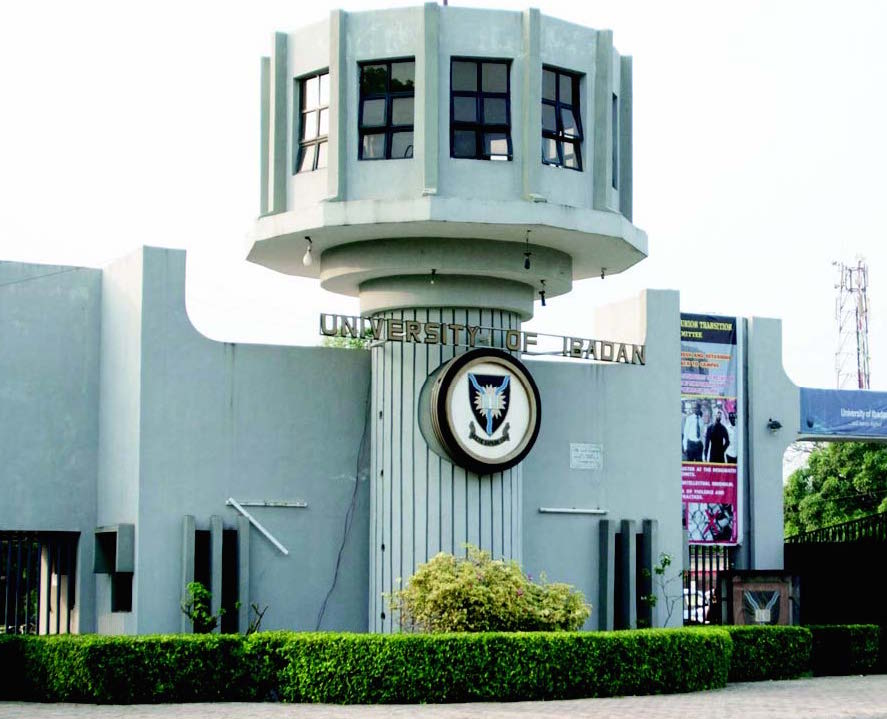
Notable People
There are some prominent people in the society whose state of origin is Oyo State. These notable individuals include 9ice (musician, born Alexander Abolore Adegbola Akande, on 17 January 1980), Lam Adesina (former Governor Oyo State), Otunba (Dr) Christopher Alao-Akala (former Governor of Oyo State), Senator Abiola Ajimobi (former Governor of Oyo State), Oba Lamidi Adeyemi III (Alaafin of Oyo), Oba Saliu Adetunji (the 41st Olubadan of Ibadan land), Olaniyi Afonja (actor and comedian), Ladoke Akintola (politician, lawyer, and orator), Sikiru Ayinde Barrister (musician), Samuel Ajayi Crowther (priest and historian), Senator Rasheed Ladoja (former Governor of Oyo State), Saheed Osupa (Fuji and Hip-Pop artist), and Bode Thomas (politician and Lawyer), among others.



